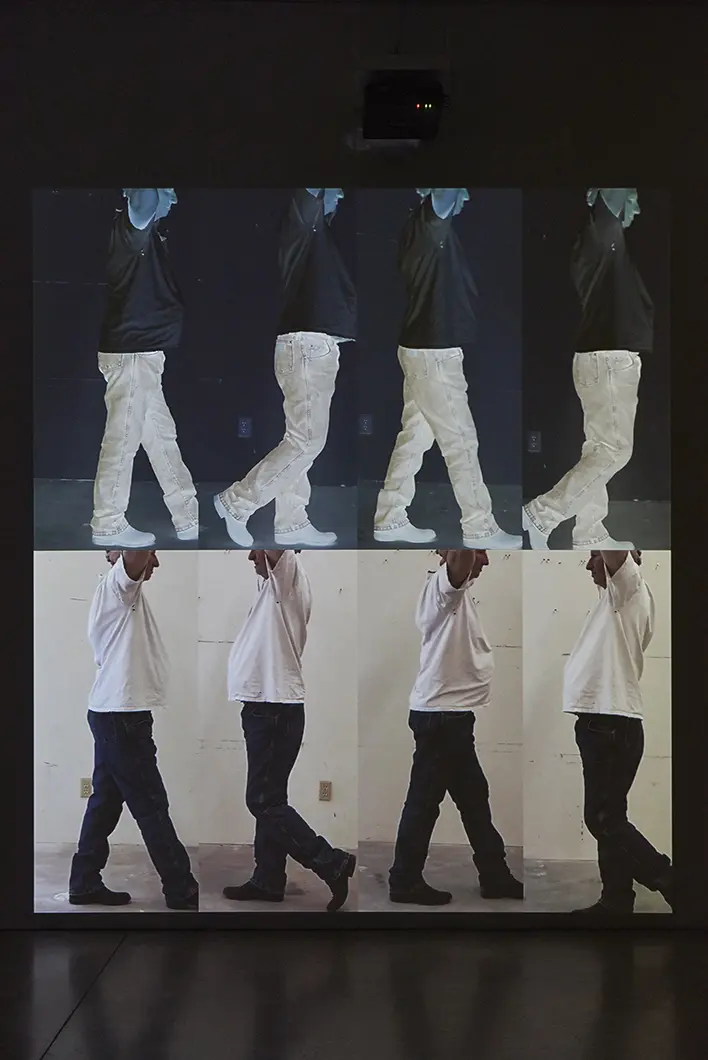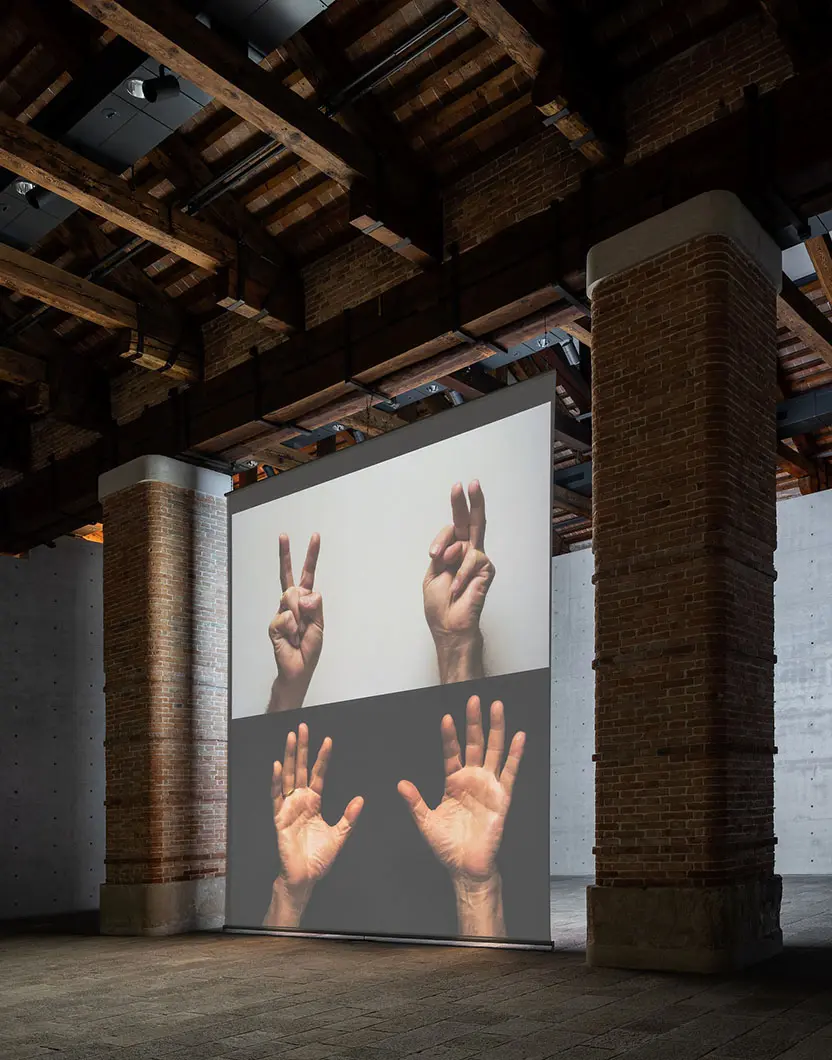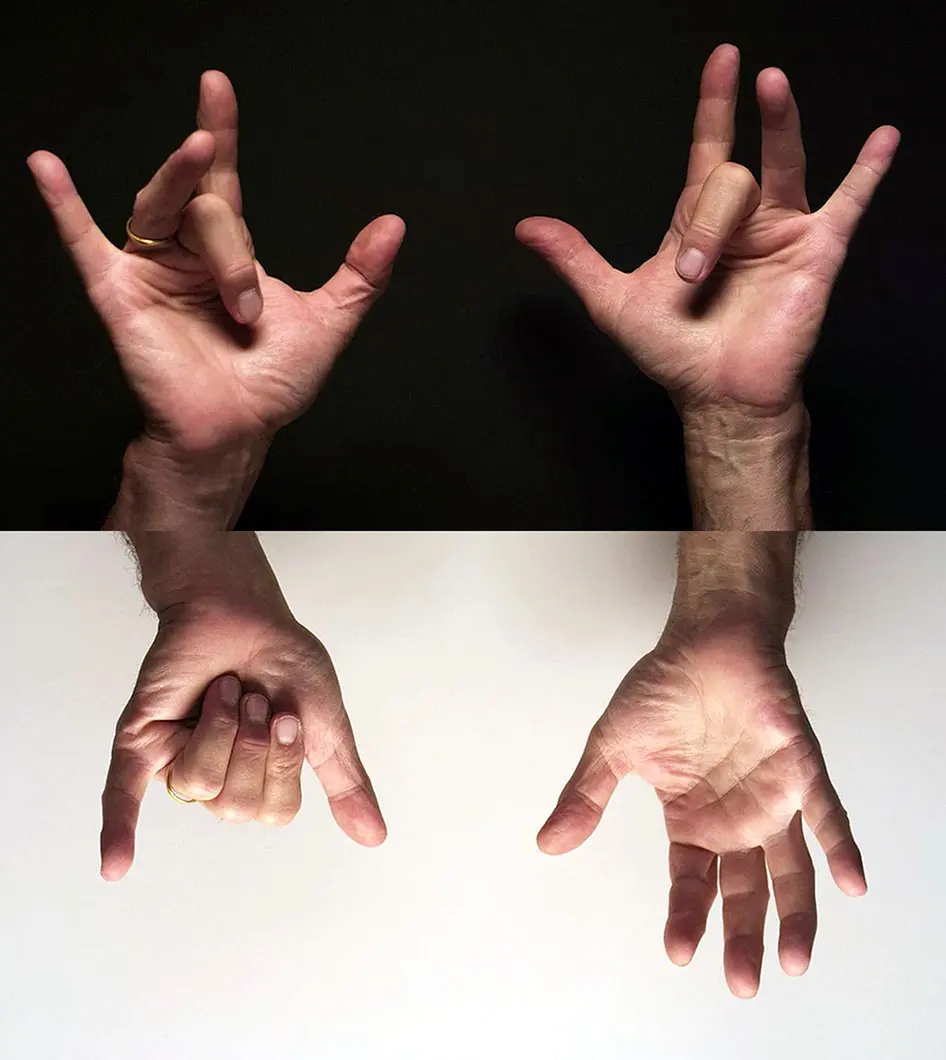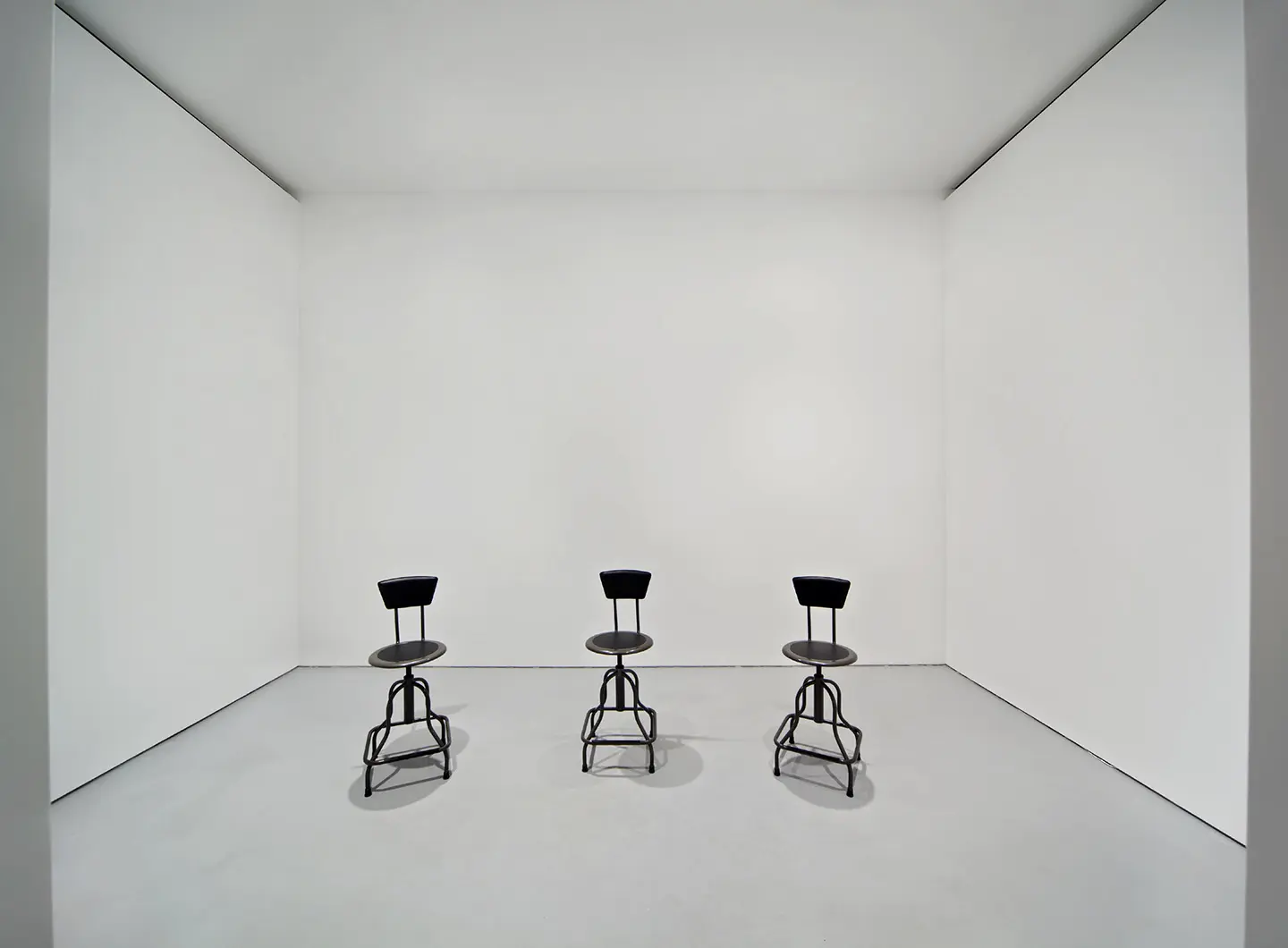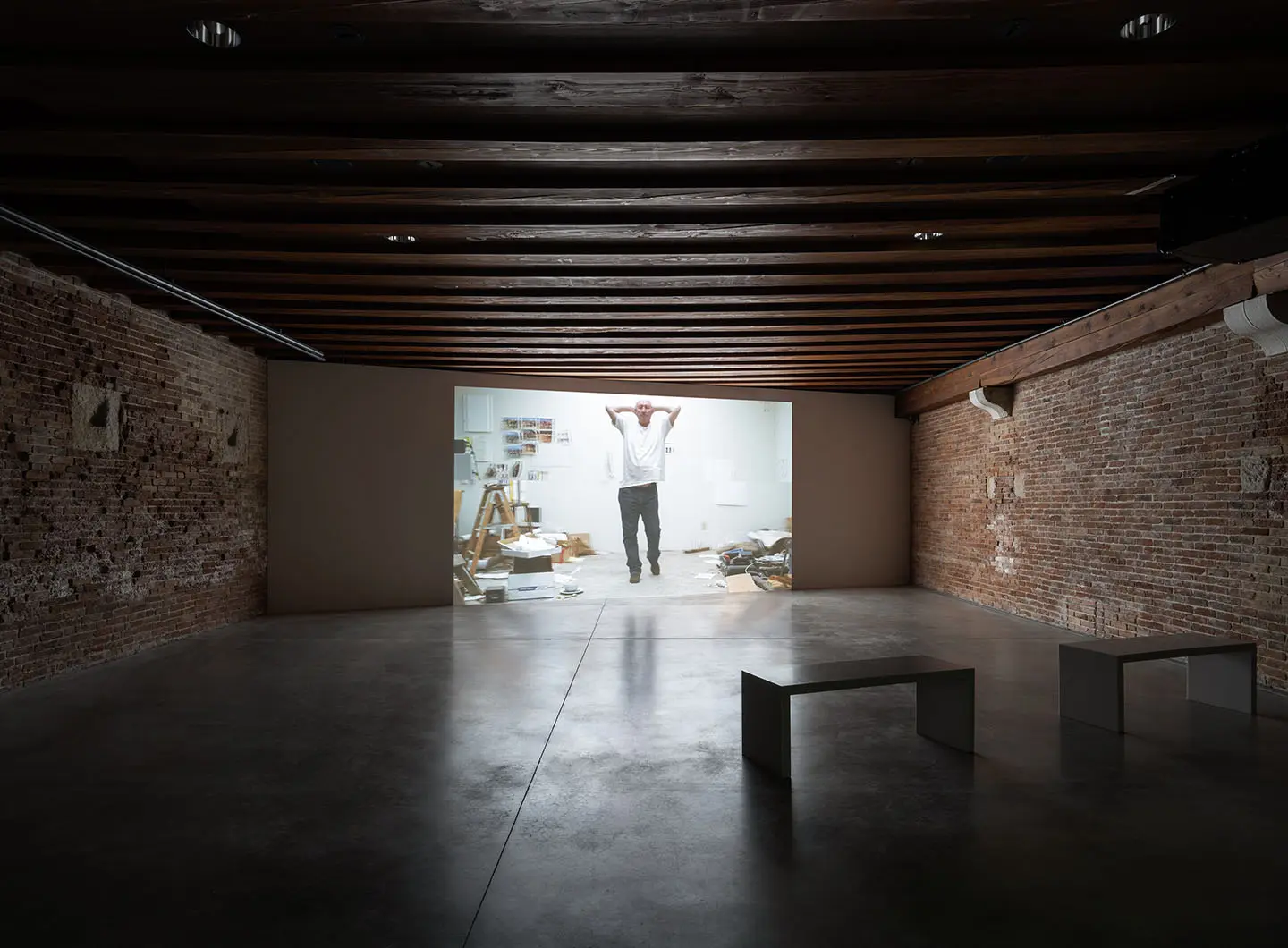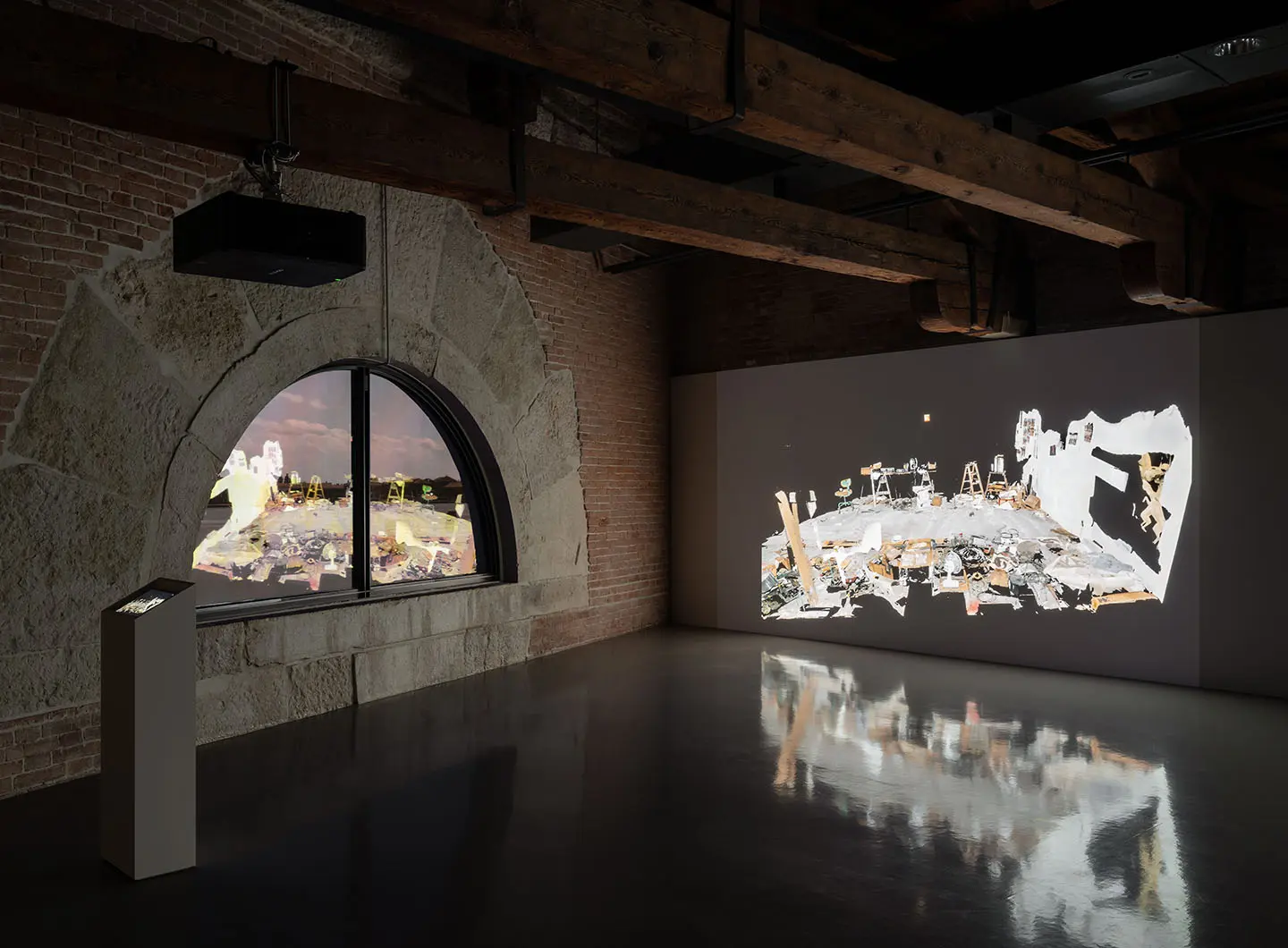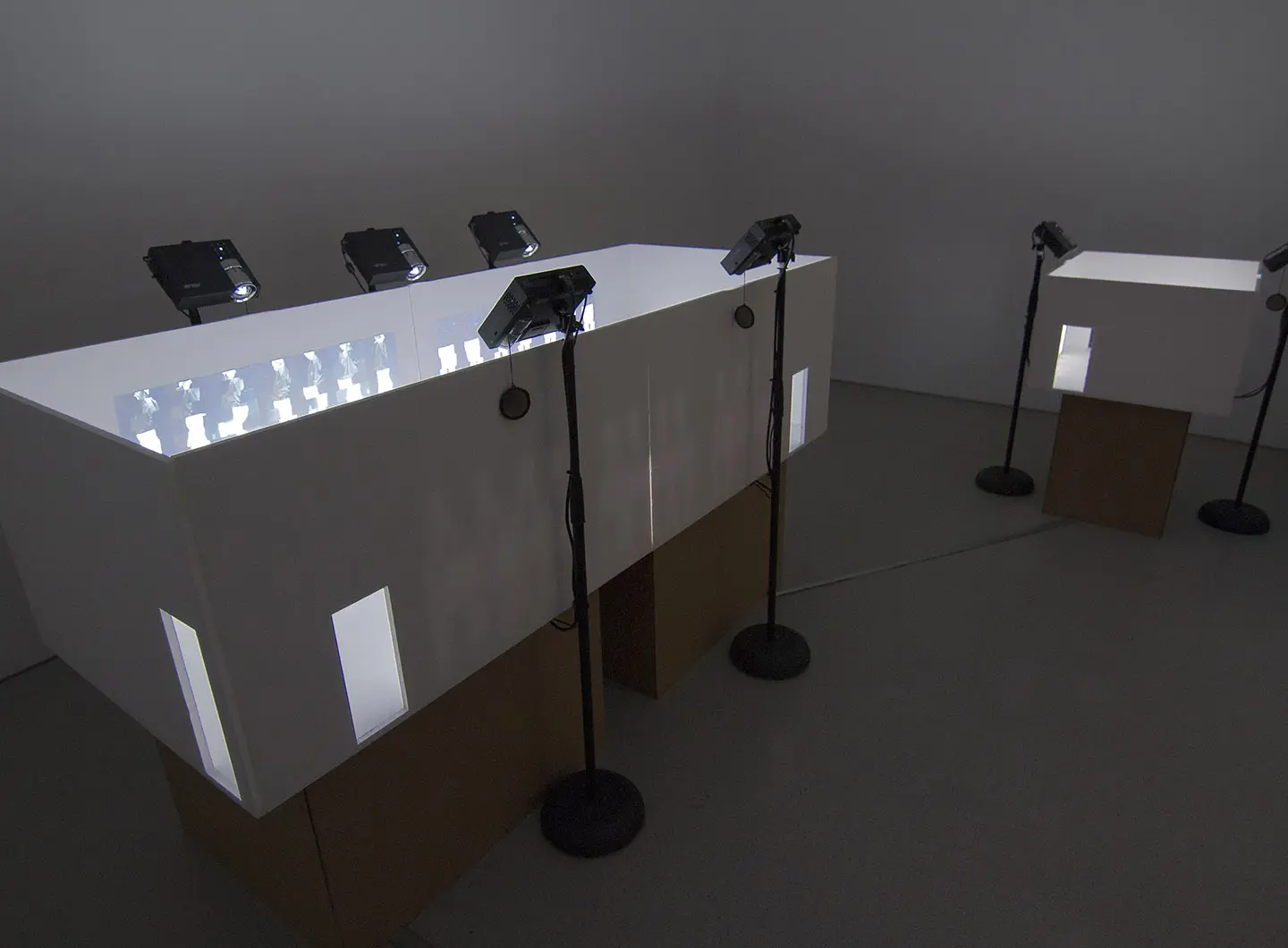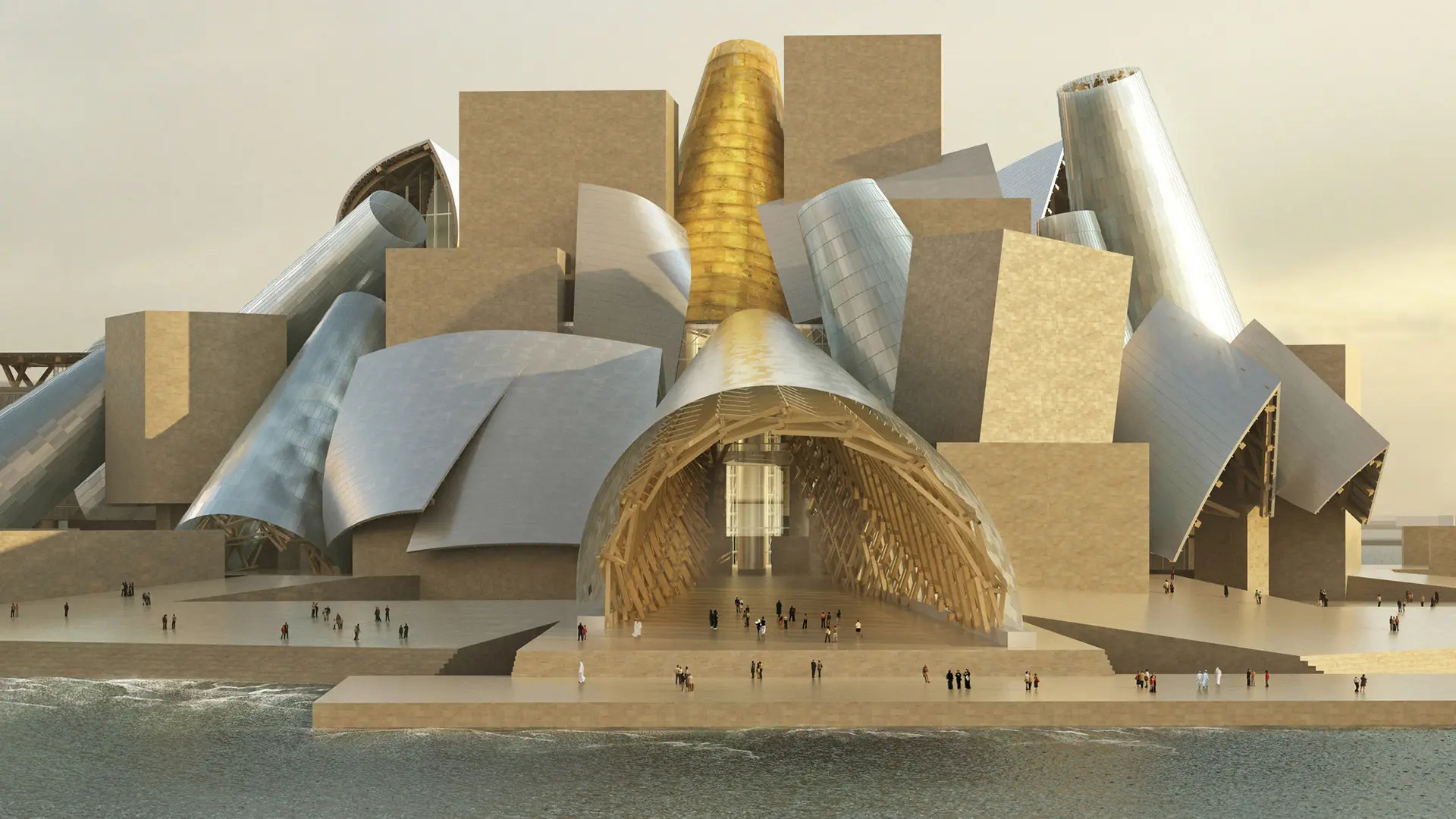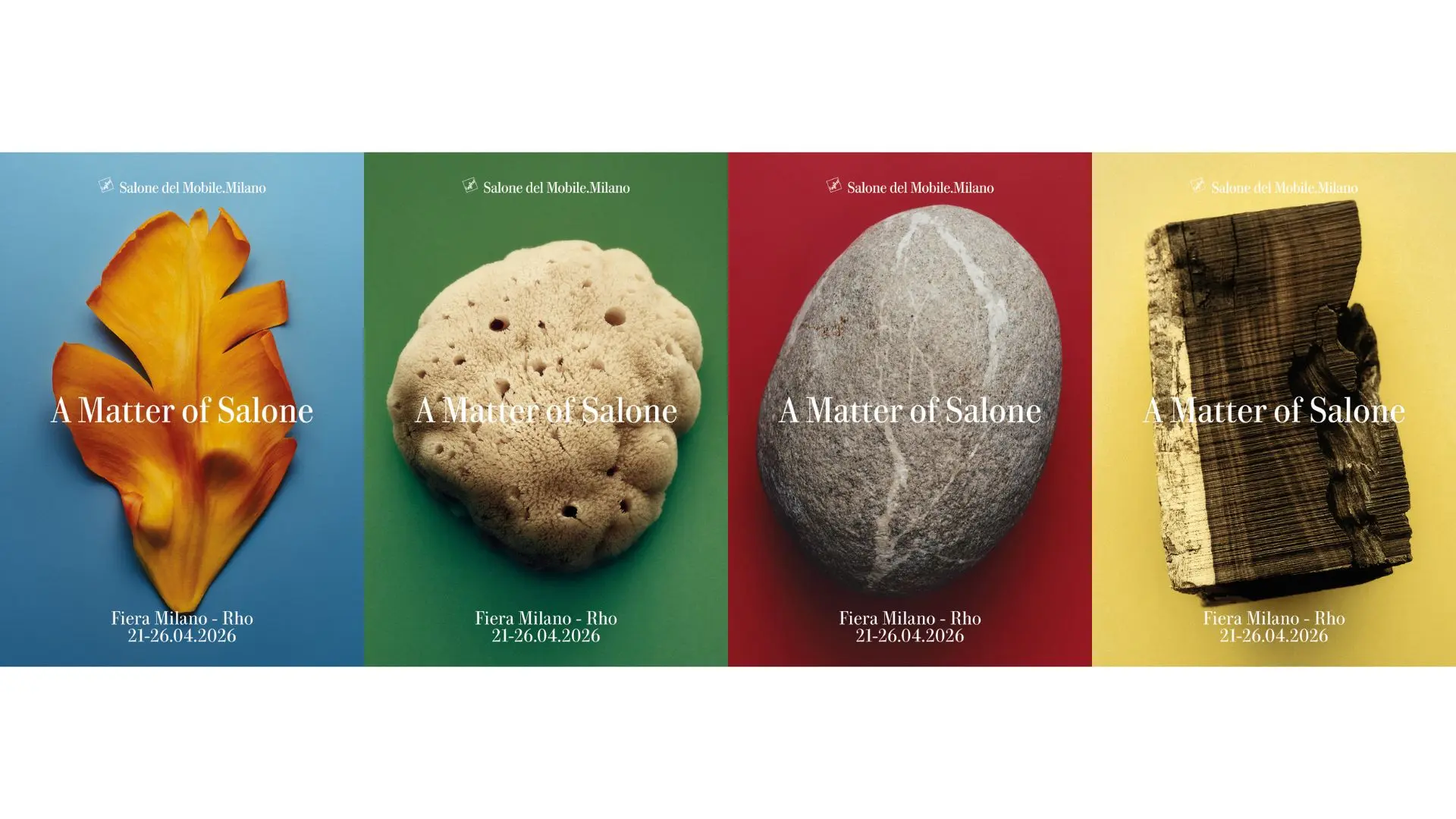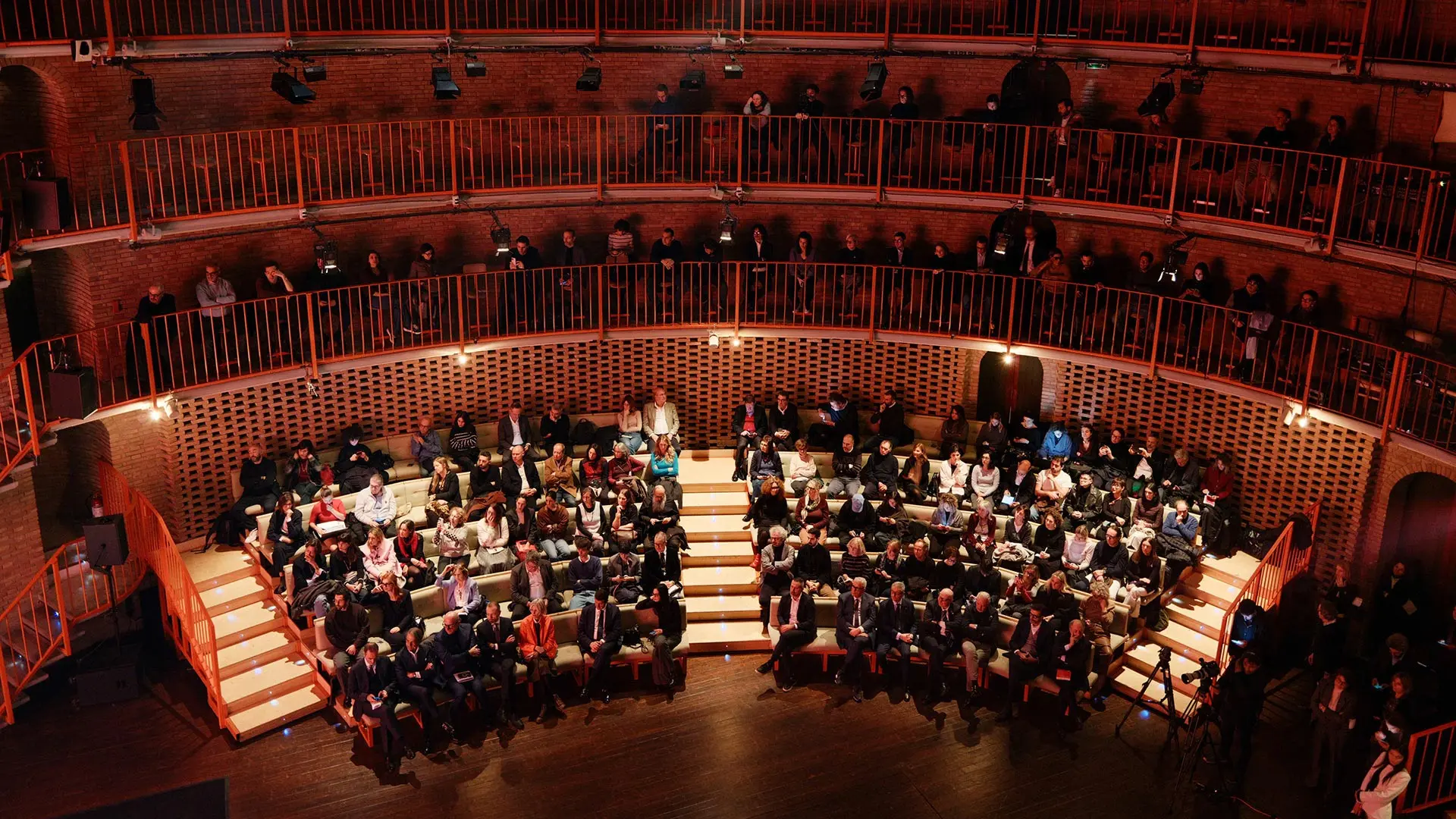From BIG to David Chipperfield, Frank Gehry to Snøhetta: a world tour of the best buildings set to open in 2026
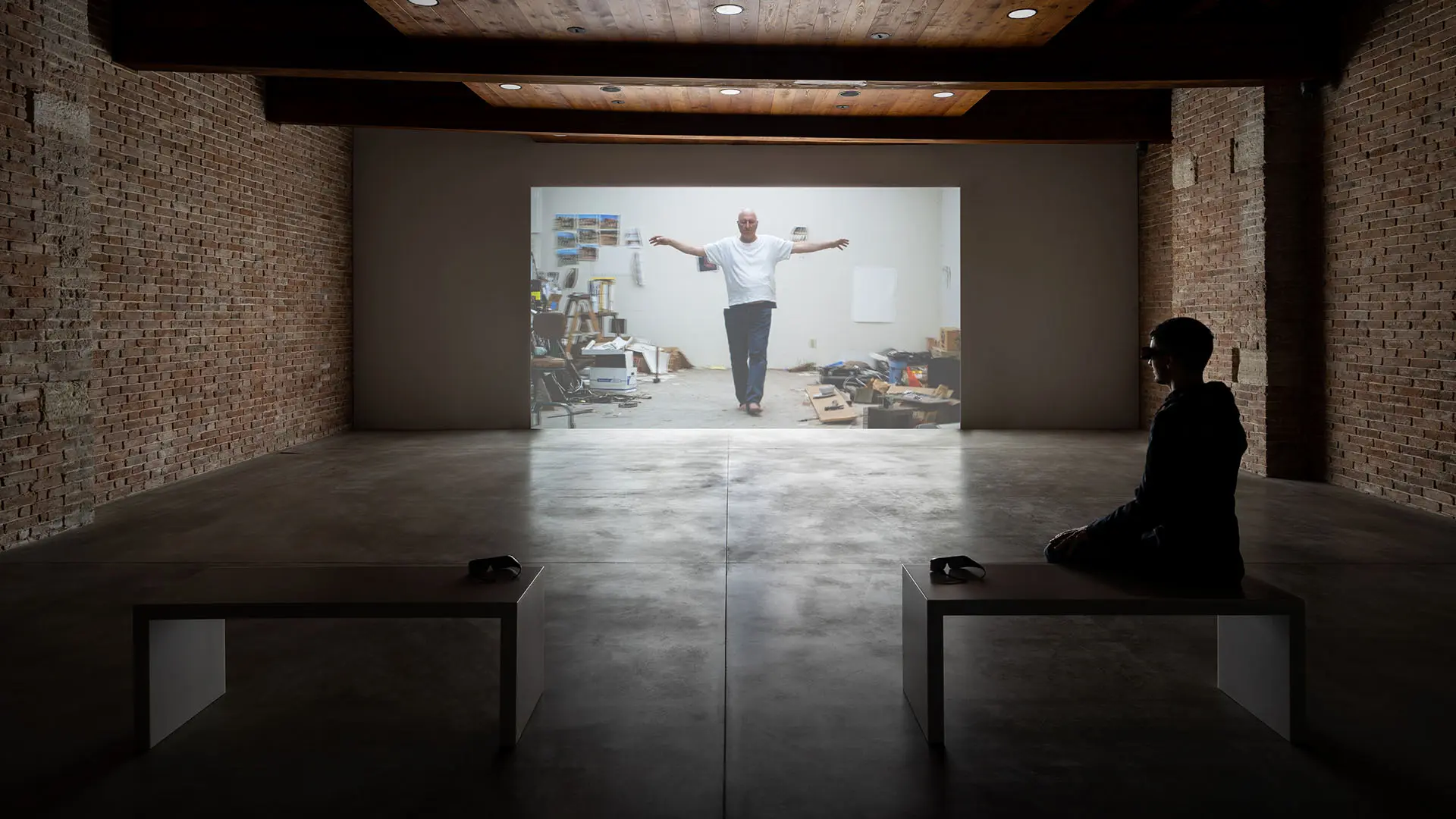
Bruce Nauman, Walking a Line, 2019, Courtesy of the artist and Sperone Westwater, New York © 2021 Bruce Nauman / SIAE, courtesy of Sperone Westwater, New York. Installation View, Bruce Nauman: Contrapposto Studies at Punta della Dogana, 2021. Ph. Marco Cappelletti © Palazzo Grassi © Bruce Nauman by SIAE 2021
For just over a year, from 23rd May 2021 to 27th November 2022, the Pinault Collection spaces are hosting a great one-man show devoted to Bruce Nauman, one of the pioneers of conceptual art.
At the point where the Grand Canal and the Giudecca Canal meet, the buildings housing the ancient customs house, built between the 15th and 17th centuries alongside the Basilica della Salute, had long lain abandoned. In 2007, the Pinault Collection, which already owned Palazzo Grassi, the prestigious exhibition space overlooking the Grand Canal, won the tender to transform it into a contemporary art centre, enlisting Tadao Andro to carry out the renovation. There followed a long list of exhibitions attracting illustrious names (including a section of Damian Hirst’s gargantuan Treasures of the Wreck of the Unbelievable) and controversy when the statue Boy with Frog was installed on the tip of the Punta alla Dogana, subsequently removed as a result of objections from city officials and replaced by a reproduction of a lamppost that had previously stood there. Tadao Ando’s intervention, with his usual minimalist forms and elegant, minimally invasive lines, has made for an extremely flexible exhibition space that lends itself to all sorts of different shows, and was intended to bring the city in through the large windows that frame the external view and lead up to the exit onto the terrace overlooking the tip of land, opposite St. Mark’s and the church of San Giorgio Maggiore. It’s a porous environment between two amniotic states: the art exhibition in a controlled setting and the liminal limbic atmosphere particular to the city of Venice.
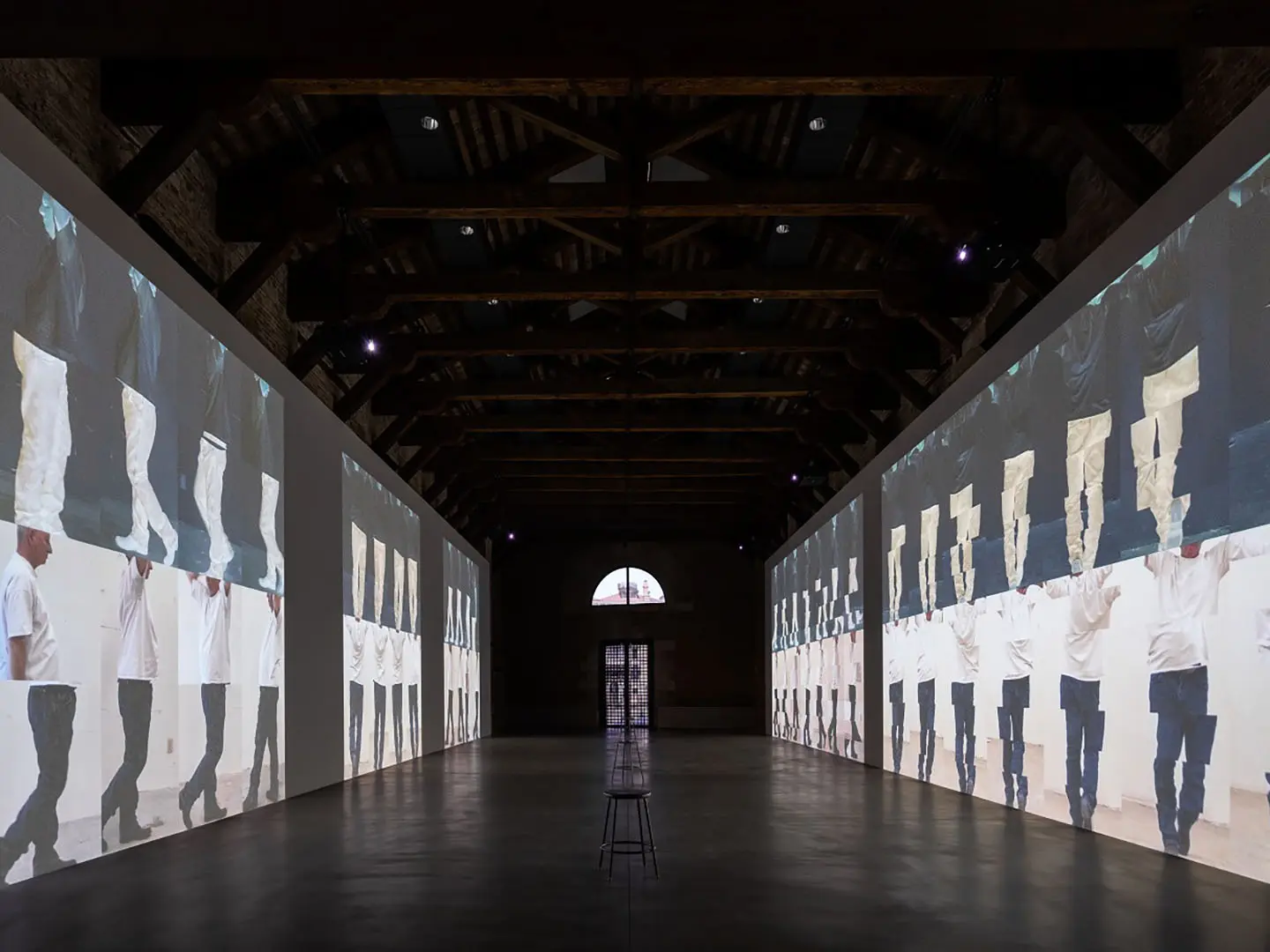
Bruce Nauman, Contrapposto Studies, I through VII, 2015-2016, Jointly owned by Pinault Collection and the Philadelphia Museum of Art. Installation View, Bruce Nauman: Contrapposto Studies at Punta della Dogana, 2021. Ph. Marco Cappelletti © Palazzo Grassi © Bruce Nauman by SIAE 2021
Bruce Nauman - Contrapposto Studies is a quasi-retrospective, covering a precise part of the artist’s great corpus of work, focusing on the performative studies, the sound pieces that have mapped the evolution of a career that has led from the Sixties to his more recent - and spectacular – work, either previously unseen or exhibited for the first time in Europe. The heart of the exhibition takes place in between the third and the fifth gallery. A series of television screens relay a series of seminal performances produced between 1968 and 1969. There is the original study for Walk with Contrapposto in which the artist walks and pauses, striking the standing pose typical of Greek sculpture and adopted again during the Renaissance, when we shift our weight onto one leg only, creating a dynamic torsion, and others including Bouncing in the Corner and Slow Angle Walk which work on the re-semantisation of automatic practices such as walking, disarticulating them, causing them to react with disquieting elements in order to generate a terrorist semiosis, which undermines the foundations of common and predictable logical expectations.
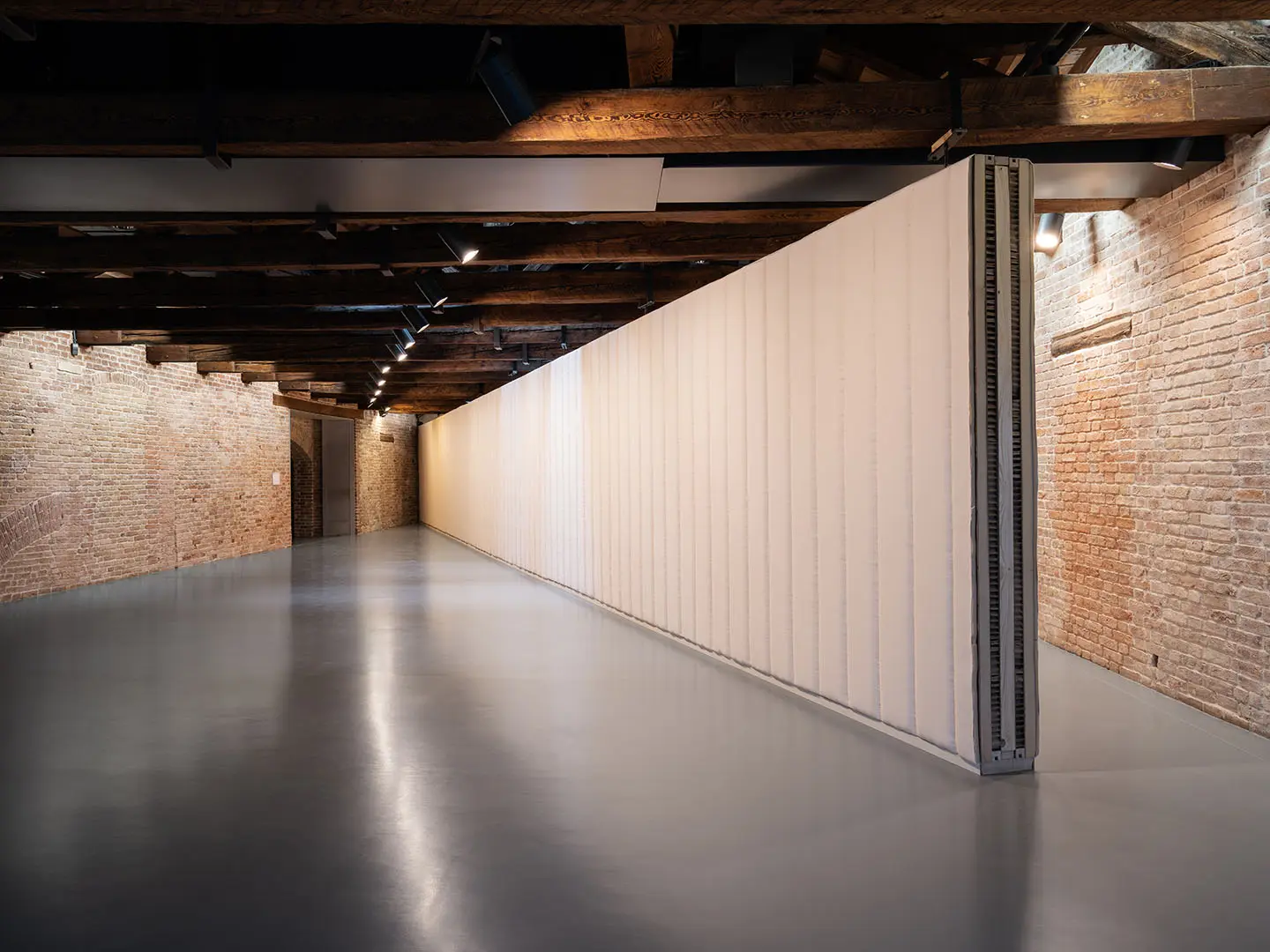
Bruce Nauman, Diagonal Sound Wall (Acoustic Wall), 1970, Solomon R. Guggenheim Museum, New York, Panza Collection, Gift, 1992. Installation View, Bruce Nauman: Contrapposto Studies at Punta della Dogana, 2021. Ph. Marco Cappelletti © Palazzo Grassi © Bruce Nauman by SIAE 2021
The same method is applied to sound in pieces such as Lip Synch, and Violin Tuned D.E.A.D. As Nauman said in 1980: “What I always wanted to be careful about was to have the structure include enough tensions in either random error or getting tired and making a mistake - whatever - that there always was some structure programmed into the event. And I really was interested in tensions.” Together, the individual alienating or anachronistic visual and sound impulses – grainy VHS reproduced on television screens; violin notes repeated obsessively, heavy footsteps – produce a cacophony, a concert that’s like a cross between a workshop and a mental hospital, that assails the visitor at the entrance to the gallery, putting them in the position of an intruder in an absurd world of which they will have to rebuild the links and the structures or else adapt to it, like watching a play by Samuel Beckett. Gallery 16 contains two later works (1973), Elke Allowing the Floor to Rise Up Over Her, Face Up and Tony Sinking Into the Floor, Face Up and Face Down and the reflection of the screens on the window engenders the illusion that the performance is continuing outside, the performers sinking into the green depths of the canal. There’s less to be said about the more recent works that open the exhibition, the Contrapposto Studies and the Contrapposto Split that replicates them in 3D, and Nature Morte which allows visitors to move virtually around a digital model of the artist’s studio – again in 3D - on an iPad. Nauman has, legitimately, decided not to progress his formal and semantic work any further, but to re-propose it, updating it by harnessing the recent technological possibilities and pantographing it.


 Salone Selection
Salone Selection
